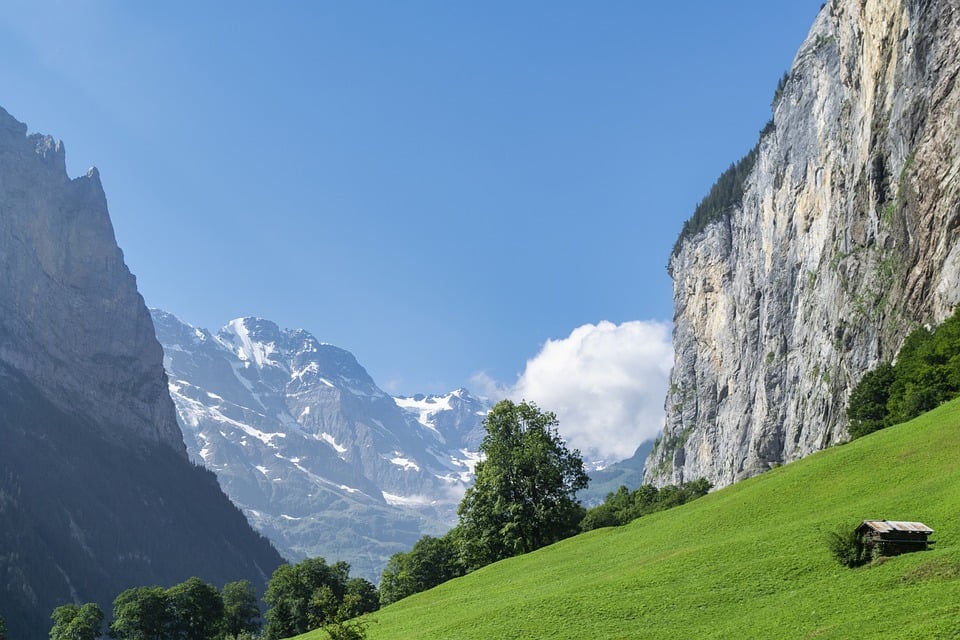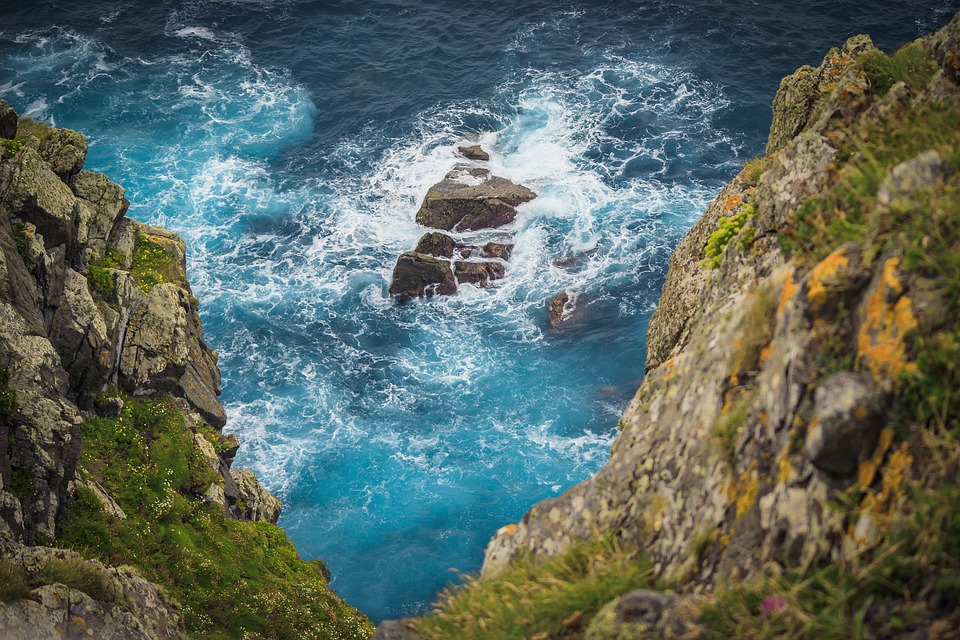Exploration has long been a key aspect of human society, driving us to venture into the unknown in search of new knowledge, resources, and opportunities. Throughout history, exploration has shaped the world in countless ways, paving the way for cultural exchange, technological advancements, and the expansion of empires.
One of the earliest examples of exploration can be seen in the voyages of ancient seafarers, such as the Phoenicians, who sailed across the Mediterranean in search of new trade routes and resources. These early explorers laid the foundation for the development of maritime navigation and trade networks that would later connect distant continents and cultures.
The age of exploration reached its peak during the 15th and 16th centuries, when European explorers set out to discover new lands and expand their empires. Spanish conquistadors like Christopher Columbus and Hernan Cortes ventured to the Americas, claiming vast territories and ushering in an era of colonization that would forever alter the course of history.
Meanwhile, Portuguese explorers like Vasco da Gama and Ferdinand Magellan charted new sea routes to Asia, opening up lucrative trade routes and establishing colonial outposts in Africa, India, and Southeast Asia. These expeditions not only expanded European influence and power but also led to the exchange of goods, ideas, and cultures between East and West.
Exploration also played a crucial role in the scientific revolution of the 17th and 18th centuries, as naturalists and botanists set out to catalog and study the flora and fauna of newly discovered lands. The exploration of the natural world laid the groundwork for the development of modern scientific disciplines like biology, geology, and anthropology, shaping our understanding of the natural world and our place within it.
In more recent times, exploration has continued to shape the world by driving technological advancements and pushing the boundaries of human achievement. From the exploration of space and the depths of the ocean to the mapping of the human genome, modern explorers have continued to push the limits of what is possible, expanding our knowledge of the universe and driving innovation in fields like medicine, engineering, and environmental science.
Overall, the history of exploration is a testament to the human spirit of curiosity and ingenuity, driving us to constantly seek out new horizons and push the boundaries of what is possible. From the early seafarers of ancient times to the modern-day explorers of outer space, each new discovery has added to the collective knowledge and understanding of our world, shaping the course of history and leaving a lasting impact on the world we live in today.




